‘Billie Eilish’ Director R.J. Cutler on How Ted Sarandos Helped Him Predict the Documentary Boom
By Christopher Vourlias
Variety
October 16, 2021
Before Netflix had grown into a world-conquering streaming giant, “Billie Eilish: The World’s a Little Blurry” director R.J. Cutler would routinely bump into the company’s co-CEO Ted Sarandos on the film festival circuit. Netflix was still a DVD-by-mail rental service at the time, and Sarandos confided to him that “The War Room” – Cutler’s Oscar-nominated Bill Clinton campaign doc – was among its most popular rentals.
Flash forward a few years, and the streaming-fueled boom in documentary filmmaking didn’t seem so far-fetched to Cutler. “It made complete sense to me that when Netflix transformed to a streaming service, and then began producing original content, the audience’s passion for nonfiction would continue to form a key element of the streamer’s success,” he said. “If it works on Netflix, that meant it would work on Amazon, Hulu, Disney Plus, Apple TV Plus, HBO Max, Discovery Plus, Peacock and others.”
At a keynote address at Rome’s MIA Market on Friday, Cutler reflected on a 30-year career that began with “The War Room,” the critically acclaimed feature which he produced, through Apple TV Plus’ “Billie Eilish” doc and a forthcoming project on Martha Stewart that was acquired by Netflix.
Describing the 2020s as “the decade of the doc,” he told the audience: “In a time where truth itself is under siege, our artform, which uses real life as the raw material to tell powerful stories that examine the complexities of truth, is engaging with audiences more than ever before.”
Cutler admitted that such success wasn’t guaranteed when he decided to collaborate with cinéma vérité pioneers D.A. Pennebaker and Chris Hegedus on “The War Room,” which would earn an Academy Award nomination for best documentary feature and enjoy a wide theatrical release. He recalled being offered a $25,000 advance by October Films, eventually haggling his way up to $100,000 on a movie that “had probably cost us a million dollars to make.”
“Thirty years ago, there was no financial ecosystem for documentary films. Every film had to find its own business model,” he said. “Every project was a passion project.”
Driven by the surge in demand for unscripted content from the likes of Netflix, Amazon, and other global streaming platforms, the landscape has since changed dramatically. “Documentaries have proven to be just as popular as narrative features. And just as big business,” he said. “Feature docs are routinely commanding eight-figure deals in the marketplace, filmmakers are enjoying lifelong careers and getting paid for their work. Some of them have even risen to the status of ‘doculebrity.’ Most importantly, the artform itself is thriving.”
Despite the streaming boom, Cutler added, “big-screen distribution is as robust as ever.” More than 200 documentary films enjoyed Oscar-qualifying theatrical runs last year, he noted, while in the midst of the coronavirus pandemic, three documentaries – including “Billie Eilish” – enjoyed theatrical releases on more than 700 screens in 2021.
The director offered a behind-the-scenes look at the work that went into the critically heralded “The World’s a Little Blurry,” which relied not only on the filmmaker’s footage, but video shot by Eilish herself; the singer’s mother, Maggie Baird; and, for a finale filmed during a performance in Milan, material crowd-sourced through the Internet from thousands of fans in attendance.
The ubiquity of real-life footage – a development Cutler traced back to the introduction of the iPhone 3GS in 2009, which allowed individuals to become “the cinematographers of their own lives” – marks a technological shift that he said will transform the medium moving forward.
“We are living in a time I would like to call neo-vérité, which offers remarkable opportunities for documentary filmmaking,” he said. “Every subject offers the chance to go more deeply into their personal experience than ever before. Vérité crews, in combination with subject-shot footage will, I believe, become the new wave. This is the future of intimate, emotional, access-based, cinematic vérité filmmaking.”
Having captured intimate details from the life of Eilish, as well as high-profile subjects including Anna Wintour (“The September Issue”) and Dick Cheney (“The World According to Dick Cheney”), Cutler said his films are built on trust with his subjects, and an awareness of the boundary between them.
“I respect the fact that the film, the story, belongs to the subject – the life story belongs to the subject, not to me,” he said. “I’m not out there trying to get them to do something. I’m not out there looking to film certain things. My job [in ‘The World’s a Little Blurry’] is to see Billie’s life as clearly as possible for the year that I’m filming with her. And it’s her life. It has nothing to do with what I want.”
When asked by Variety about his forthcoming Stewart documentary, whose details have been kept under wraps, Cutler said: “We’re hard at work on it and very, very excited about it. As always, when we’re making the films, we don’t talk a lot about them. But I can tell you that Martha is a remarkable subject and unique in American culture, society, and history, if not world culture, society, and history. And her full story will be told.”

